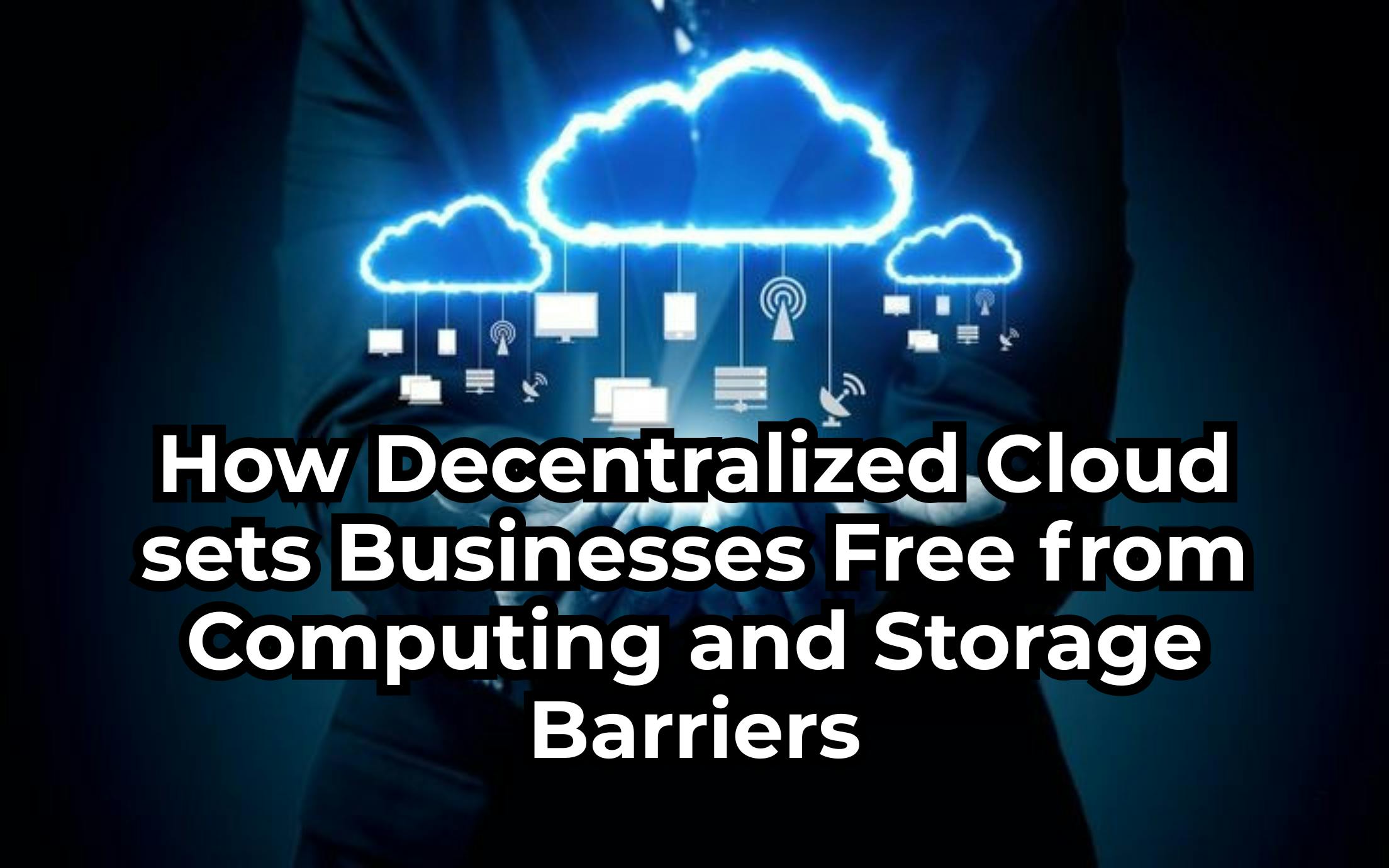
"Decentralized cloud computing is transforming data management by distributing resources and services across multiple nodes, enhancing resilience, security, and user control."
"The traditional model of cloud computing relies on centralized data centers, leading to security vulnerabilities, data privacy issues, and significant risks from outages."
"Blockchain technology enables the decentralized cloud approach, allowing businesses to bypass the barriers of vendor lock-in and high data migration costs."
"With decentralized cloud computing, businesses can enjoy a more cost-effective and transparent infrastructure that prioritizes user privacy and trust."
The article discusses the evolution of cloud computing from traditional centralized models, reliant on single data centers, to decentralized cloud solutions powered by blockchain technology. The shift towards decentralized cloud allows businesses to overcome significant barriers such as data privacy concerns, vulnerability to outages, and vendor lock-in associated with centralized systems. Decentralized cloud computing enhances resilience, cost-effectiveness, and user control by distributing data and computational resources across multiple nodes, ensuring a more secure and transparent infrastructure for data management.
Read at Hackernoon
Unable to calculate read time
Collection
[
|
...
]